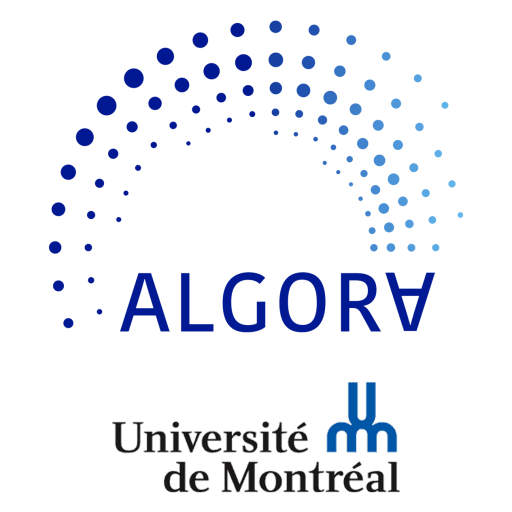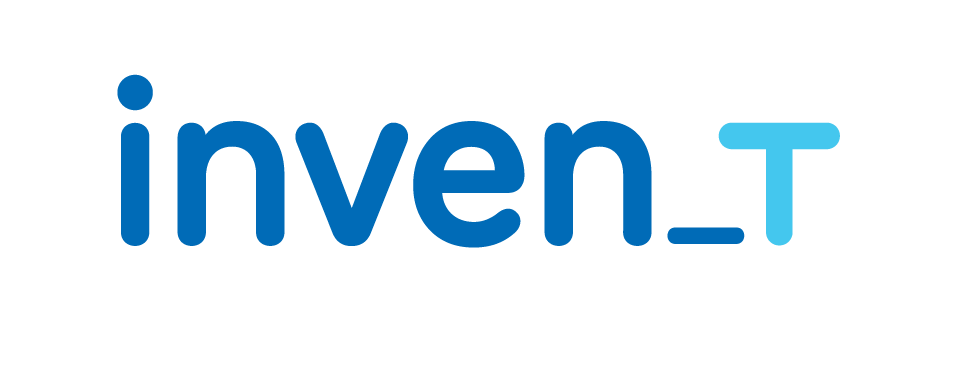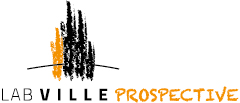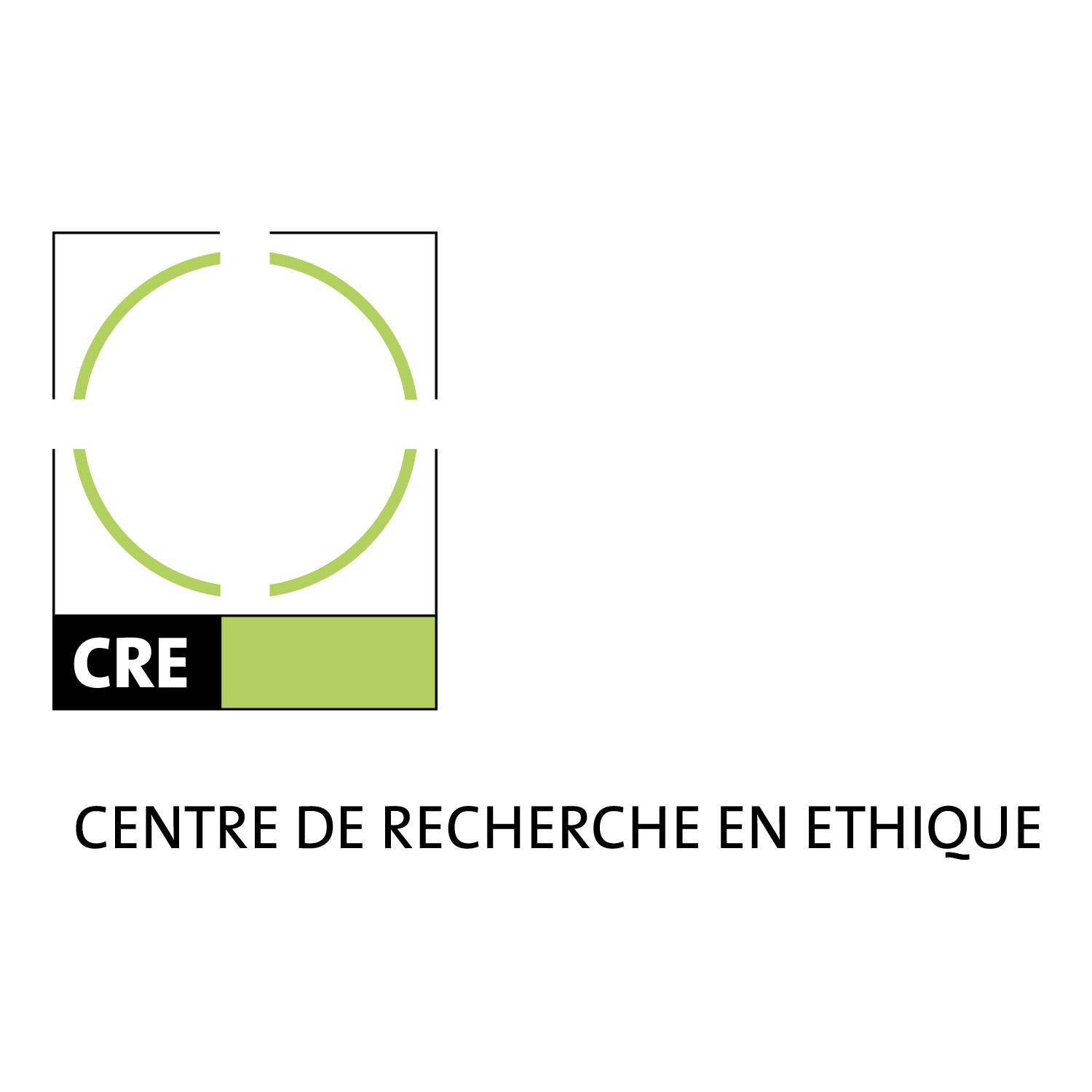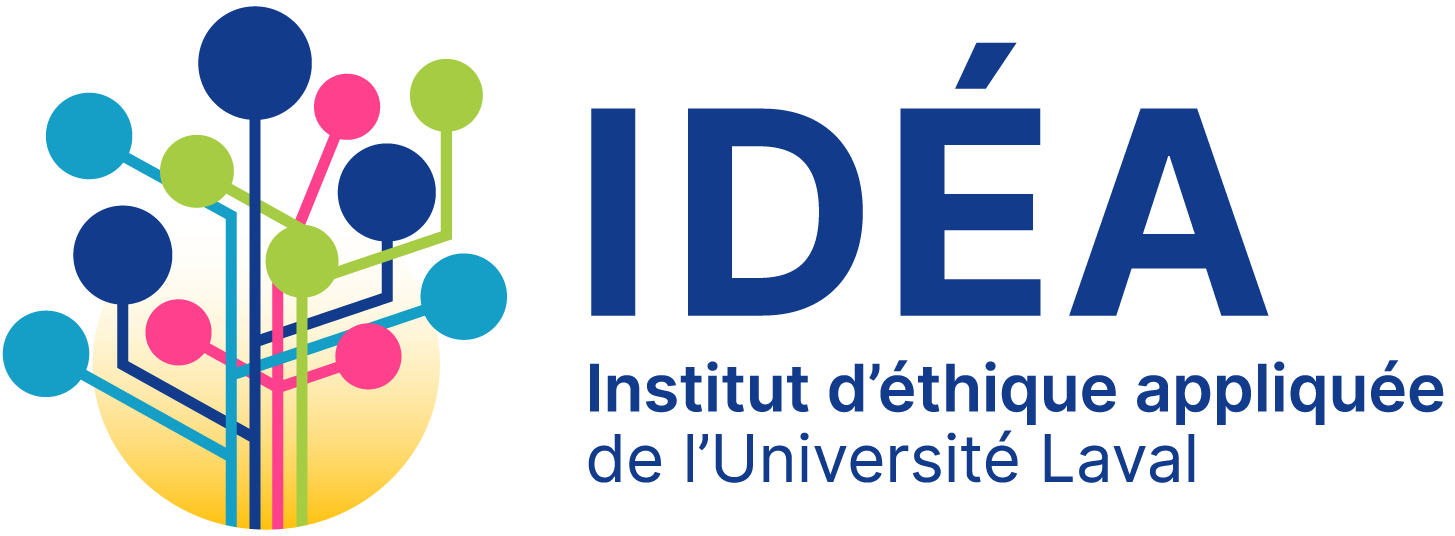About the
Montréal Declaration on Responsible AI
An initiative of Université de Montréal
Context
On November 3, 2017, the Université de Montréal launched the co-construction process for the Montréal Declaration for a Responsible Development of Artificial Intelligence (Montréal Declaration) . A year later, the results of these citizen deliberations are public. Dozens of events were organized to stimulate discussion on social issues that arise with artificial intelligence (AI), and 15 deliberation workshops were held over three months, involving over 500 citizens, experts and stakeholders from all backgrounds.
The Montréal Declaration is a collective work that aims to put AI development at the service of the well-being of all people, and to guide social change by developing recommendations with strong democratic legitimacy.
The selected citizen co-construction method is based on a preliminary declaration of general ethical principles structured around seven (7) fundamental values: well-being, autonomy, justice, privacy, knowledge, democracy and responsibility. Following the process, the Declaration was enriched and now presents 10 principles based on the following values: well-being, autonomy, intimacy and privacy, solidarity, democracy, equity, inclusion, caution, responsibility and environmental sustainability.
Our process for responsible artificial intelligence
The Montreal Declaration for a Responsible Development of Artificial Intelligence is based on a declaration of ethical principles built around 7 core values: well-being, autonomy, justice, privacy, knowledge, democracy and responsibility. These values, suggested by a group of ethics, law, public policy and artificial intelligence experts, have been informed by a deliberation process. This deliberation occurred through consultations held over three months, in 15 different public spaces, and sparked exchanges between over 500 citizens, experts and stakeholders from every horizon.
Co-construction
Expert perspective and citizen experience
for an ethical development of AI
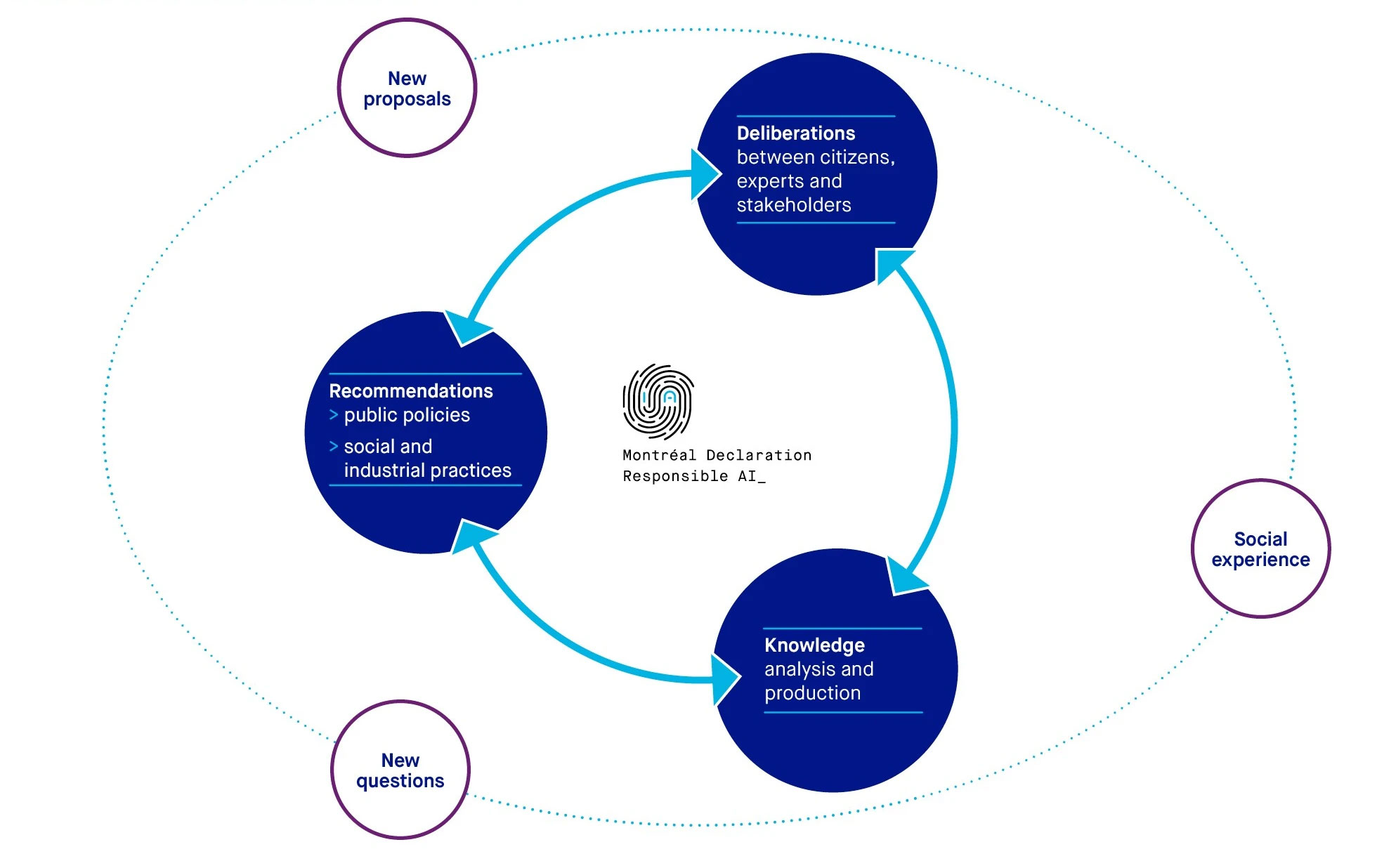
The deliberation - Exposing, Debating, Suggesting
Exposing
Educational, ethical and methodological introduction
What is artificial intelligence? What are the ethical issues raised by AI? What is co-construction, and most importantly, what is expected of citizens? The scientific co-directors of the Declaration answer these questions and set the stage for the ensuing discussions.
Debating
Group discussions on AI issues
Education, Health, Smart Cities, Justice and the Workforce are the 5 sectors around which prospective scenarios were developed. Using these scenarios set in 2025, groups of 5 to 8 people, with the help of a facilitator, discuss ethical issues.
Suggesting
From ethical issues to suggestions
Using the issues developed for 2025, participants must now imagine recommendations to allow a responsible rollout and use of AI in Quebec.
Education
At one of the tables discussing education, there was talk surrounding a 2025 elementary class where AlterEgo, an AI that assists teachers, can detect children with learning disabilities and even make teaching recommendations.
Excerpt from the debate
How long has data on the students been collected? Who has access to this data? Will the child have to live with “his profile” throughout his entire life as a student? The risk of discrimination is very real.
Example of a proposal
selected by the group
Everyone must understand the consequences of using data: professionals, students and parents alike. Digital literacy training is crucial.
Smart City
One of the scenarios under the Smart City theme led to a discussion around a couple owning an appliance that prepares the week’s menu and is connected to a smart refrigerator, as well as their watches and cellphones. The data concerning their sleep, energy expenditure, amount of fat consumed, is all recorded and sent to … their health insurance provider.
Excerpt from the debate
Useful for a busy life. But the day the family decides to have burgers and fries, do their insurance premiums go up? Can the consumption data be sent to companies? Are we independent when it comes to our so-called “healthy” choices?
Example of a proposal
selected by the group
The Consumer Protection Act should be updated and overhauled to avoid any conflict of interests. We must ensure that the use of data is transparent, and the user must have the right to configure connected objects.
Health
At one of the tables focused on health, we discussed the case of Soline, an elderly lady kept at home thanks to her robot Vigilo. This AI monitors the evolution of the patient’s dementia, prepares her pills and can even hold a conversation with her. Her family can check every interaction and every element of data at any time, which is very reassuring for them.
Excerpt from the debate
Staying at home is a priority for the patient and a plus for the healthcare system. But does entrusting a robot with her care mean that family and medical personnel are no longer responsible? And does the patient really want her family to know everything about her?
Example of a proposal
selected by the group
Research programs should foster the development of open source algorithms to lower costs, increase transparency and encourage sharing. A good way to avoid social and regional discrimination.
Declaration Development Committee
Leader
Marc-Antoine Dilhac
Scientific Co-director of the Declaration, Full Professor, Department of Philosophy, UdeM, Chair of the Ethics and Politics Group, Centre de recherche en éthique (CRÉ), Canada Research Chair in Public Ethics and Political Theory
Citizen Deliberation and Co-construction
Leader
Christophe Abrassart
Scientific Co-director of the Declaration, professor in the School of design and Co-director of Lab Ville Prospective of the Faculty of Planning of the Université de Montréal, member of Centre de recherche en éthique (CRÉ)
Analysis and
Recommendations
Leader
Christophe Abrassart
Scientific Co-director of the Declaration, professor in the School of design and Co-director of Lab Ville Prospective of the Faculty of Planning of the Université de Montréal, member of Centre de recherche en éthique (CRÉ)
Marc-Antoine Dilhac
Scientific Co-director of the Declaration, Full Professor, Department of Philosophy, UdeM, Chair of the Ethics and Politics Group, Centre de recherche en éthique (CRÉ), Canada Research Chair in Public Ethics and Political Theory
Pascale Lehoux
Full Professor at the School of Public Health of University of Montreal (ESPUM); Chair on Responsible Innovation in Health
Process and
Impact Evaluation
Leader
Lise Gauvin
Full Professor and Dean of the School of Public Health of University of Montreal (ESPUM)
Our partners
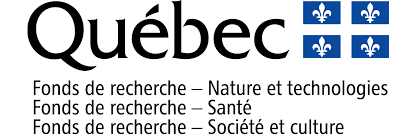
Fonds de recherche du Québec
